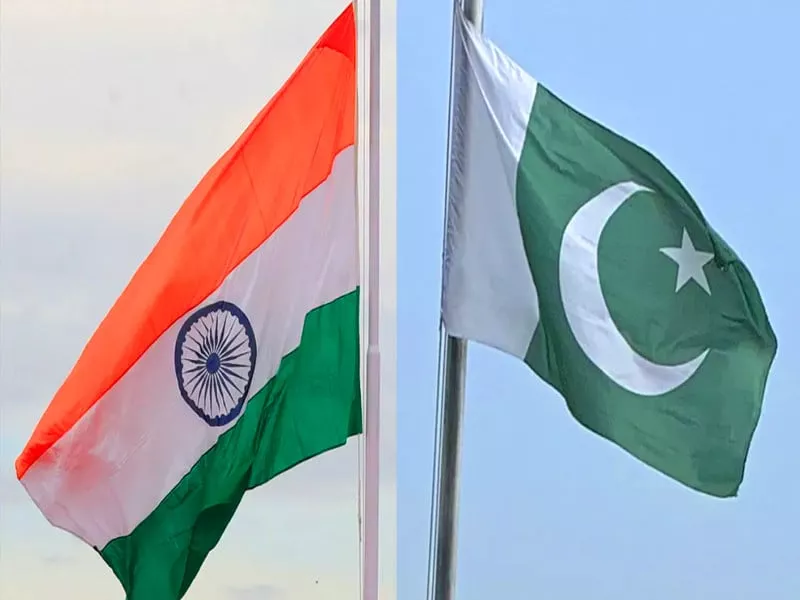1. NSA-Level Communication Initiated Amid Cross-Border Strikes
In a significant development aimed at easing soaring tensions between India and Pakistan, the National Security Advisers (NSAs) of both countries have established direct communication. The move comes in the wake of India’s missile strikes on targets inside Pakistan and Azad Jammu & Kashmir early Wednesday morning.
According to officials with knowledge of the matter, Pakistan’s NSA, Lt General Asim Malik—who also serves as Director General of Inter-Services Intelligence (ISI)—spoke to his Indian counterpart, Ajit Doval, in what appears to be a step toward conflict de-escalation.
Deputy Prime Minister and Foreign Minister Ishaq Dar confirmed the contact, stating that “such communication channels are vital during times of crisis.” However, he refrained from sharing specific details regarding the nature of the conversation or its outcomes.
This contact follows intense diplomatic efforts by global and regional actors. Notably, US Secretary of State Marco Rubio, who also holds the NSA portfolio, engaged both sides directly after the missile strikes, underscoring the urgency of de-escalation.
2. Strategic Clarity: A Shift in Pakistan’s Response Doctrine
This crisis stands in contrast to previous escalations, most notably the 2019 Balakot incident. Back then, India caught Pakistan off guard with its airstrikes, prompting delayed retaliation. However, this time, Pakistan demonstrated a clear and decisive strategic posture.
Following early reports of missile strikes from areas such as Muzaffarabad, Muridke, and Bahawalpur, the Pakistan military responded within the hour. Confirmed by military spokesperson Lt General Ahmed Sharif Chaudhry, Pakistan retaliated through both air and ground forces, downing five Indian fighter jets—including advanced Rafale jets purchased from France.
“This time, there was no ambiguity,” said a senior Pakistani official. “Clear directives were in place: respond immediately and forcefully.” The official noted that while Pakistan could have taken down more aircraft, restraint was exercised to avoid uncontrolled escalation.
3. Global Stakes and Geopolitical Signals
The current confrontation has drawn significant international attention. While Indian media largely remained silent on the losses suffered, outlets like The Hindu initially reported the downing of Indian jets—only to remove the story later, likely due to governmental pressure.
International observers also highlighted the implications of Pakistan’s successful engagement with India’s Rafale fleet. American analysts noted this could signal the effectiveness of Chinese-made J-10C jets, while a French intelligence official confirmed to CNN that a Rafale jet had indeed been shot down—marking the first known combat loss of the aircraft.
“The air duel is being watched closely as a proxy test between Chinese and Western aviation technology,” commented an American defense expert. The outcome may reshape future defense procurement policies across the region.








